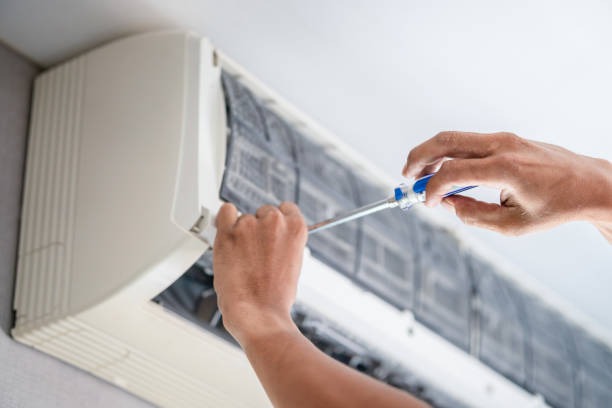In the contemporary world, the concept of work and office spaces has evolved significantly. This evolution is due to a myriad of factors such as technological advancements, changes in societal expectations, and shifts in economic landscapes. The traditional notion of an office – a rigid space with rows of desks and computers – no longer suffices. Modern work demands modern spaces more than ever.
The digital revolution has transformed how we work, making it possible for people to perform their tasks from anywhere in the world at any time. It’s not uncommon for businesses to have employees scattered across different continents working together seamlessly thanks to technology. Consequently, this shift calls for redefining the physical office space to accommodate these changes while enhancing productivity.
Modern offices should be flexible and adaptable, mirroring the fluidity that characterizes today’s business environment. They need to cater to various needs: quiet areas for focused work; collaborative spaces for team discussions; private rooms for confidential matters; open areas where employees can relax and recharge. These diverse zones help meet different working styles and preferences, fostering creativity, innovation, and satisfaction among employees.
Moreover, modern workplaces should incorporate advanced technology solutions that facilitate seamless collaboration between remote workers and those physically find out more present in the office. High-speed internet connections are a must-have alongside state-of-the-art video conferencing facilities that make virtual meetings as effective as face-to-face ones.
However, redefining offices goes beyond just physical layout or technological infrastructure—it also involves creating an inclusive culture where everyone feels valued irrespective of their geographical location or working hours. Flexible scheduling options like flextime or compressed workweeks can help accommodate personal commitments while still ensuring job responsibilities are met effectively.
Furthermore, sustainable practices should be embedded into modern offices’ design—both from an environmental perspective (like energy-efficient lighting) but also regarding employee wellbeing (such as ergonomic furniture). A healthy workspace contributes positively towards productivity levels while reducing sick days due to workplace-related health issues.
Lastly yet importantly, modern offices should foster a sense of community and belonging among employees. Casual spaces like cafes or lounges can encourage informal interactions that strengthen team cohesion. Regular events or activities—be it team-building exercises, workshops, or social gatherings—can also help create a vibrant office culture.
In conclusion, the nature of work is changing rapidly with technology playing a pivotal role in this shift. The traditional concept of an office no longer meets these evolving needs. Instead, we need to redefine our workplaces into dynamic spaces that are flexible, tech-savvy, inclusive and sustainable while fostering a strong sense of community among workers. As we adapt to the future of work, the importance of redefining our office environments cannot be overstated.





